Key points for matching speakers and amplifiers.
 Dec 04,2023
Dec 04,2023

 Shuoyi
Shuoyi
Key points for matching speakers and amplifiers.
There are various types of speakers and amplifiers on the market, which often make people dizzy to choose from. In fact, even the best and most expensive speakers, without the right amplifier, still have poor sound quality. So how do you choose a good speaker? We need to pay attention to the key points of matching the four speakers with the amplifier.
1.Impedance matching
Impedance matching is one of the important indicators of sound matching.
(1)The rated output impedance of the amplifier should be consistent with the rated impedance of the speaker. At this point, the amplifier is in the optimal design load line state, thus providing maximum undistorted power.
(2) When the rated impedance of the speaker is greater than the rated output impedance of the amplifier, the actual output power of the amplifier will be lower than the rated output power.
(3) The rated impedance of the speaker is lower than the rated output impedance of the amplifier, and the audio system can work, but the amplifier has a risk of overload.
2.Power
When it comes to matching amplifiers with speakers, it is better to have a big horse pull a small car than a small horse pull a big car. The reason for pursuing a more powerful amplifier is that sufficient power reserve can achieve smaller harmonic distortion, better horn control force, and frequency response. When the impedance is the same, it is more appropriate for the output power of the amplifier to be 1.2-2 times the speaker power.
For example, two speakers with a rated power of 200W and an impedance of 8 Ω can be matched with a 2-channel amplifier with an output power of 240W-400W when the load impedance is 8 Ω.
3.Damping coefficient
When selecting a pair of Hi Fi speakers, attention should be paid to specific electrical damping requirements.
In general, it is better to have a higher damping coefficient for power amplifiers. When the damping coefficient of low-end power amplifiers is less than 10, the low-frequency characteristics, output characteristics, and high-order harmonic characteristics of the speaker will deteriorate.
4.Sensitivity
The higher the sensitivity of the speaker, the higher the sound pressure level of the speaker under the same power, and the louder the sound produced by the speaker. In other words, the higher the sensitivity, the easier it is for the speaker to push
A speaker with low sensitivity requires a higher power amplifier to produce good sound, requiring a higher power amplifier to drive it. For every 3dB decrease in loudness sensitivity, it is required to double the driving power

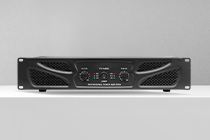
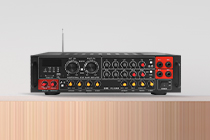
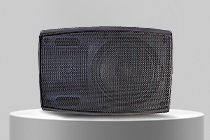


 Home
Home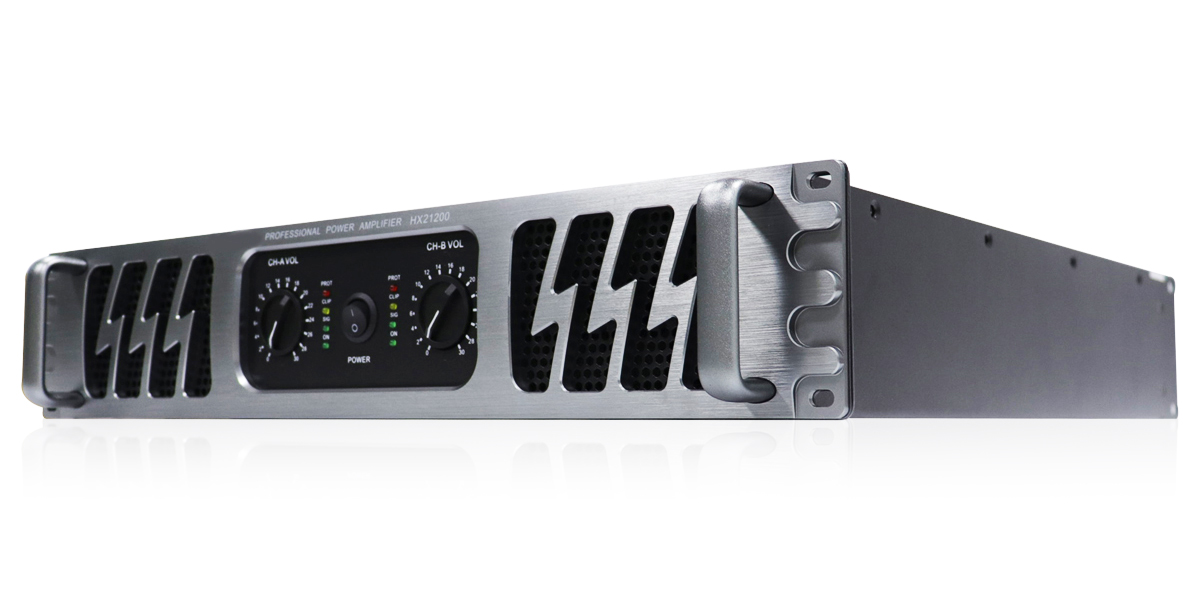
 Conventional dimensions of professional amplifiers
Conventional dimensions of professional amplifiers  You May Also Like
You May Also Like
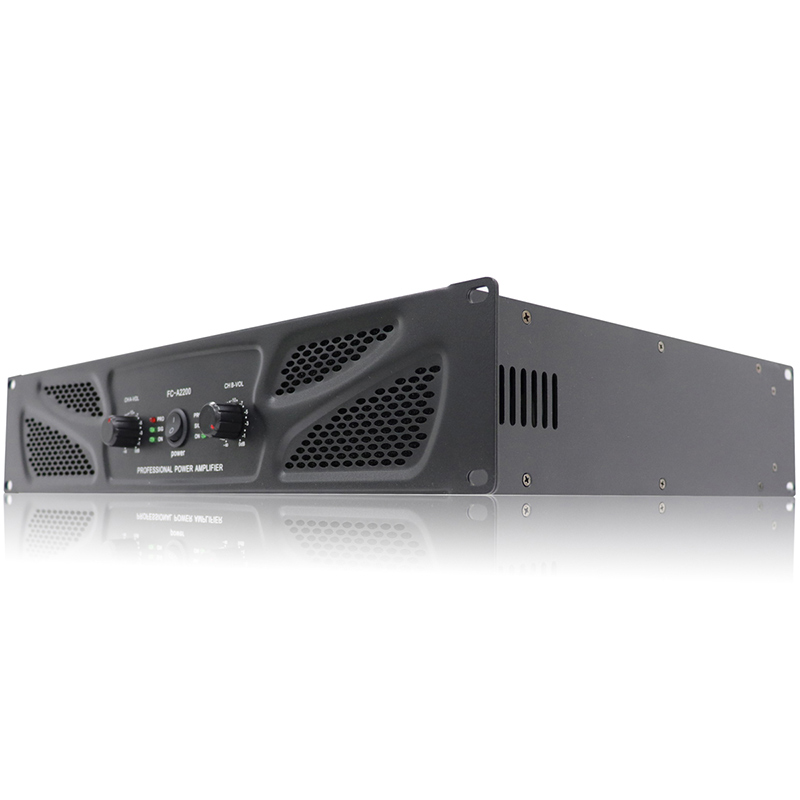

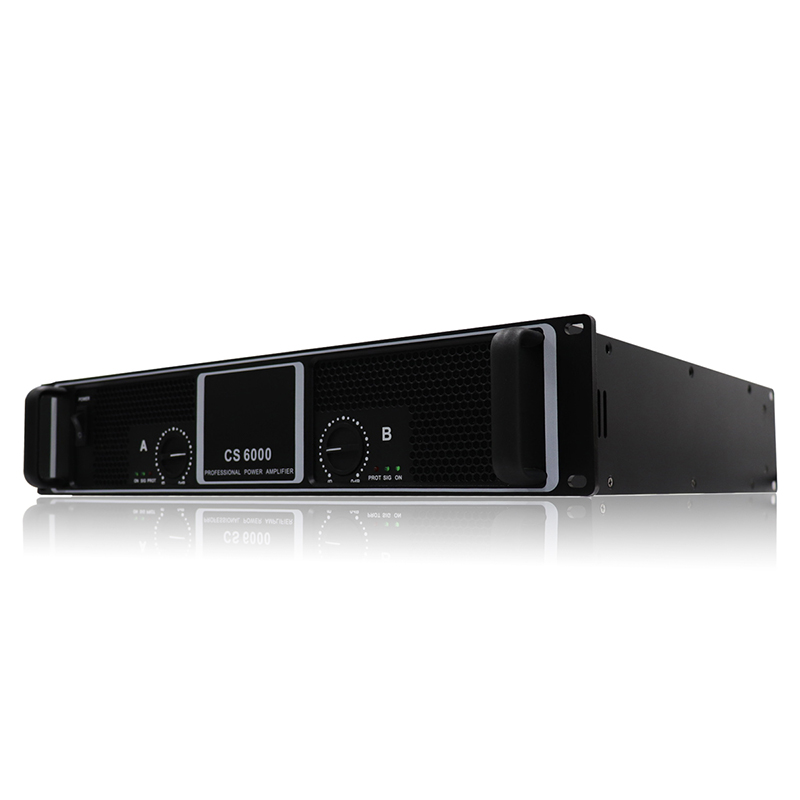
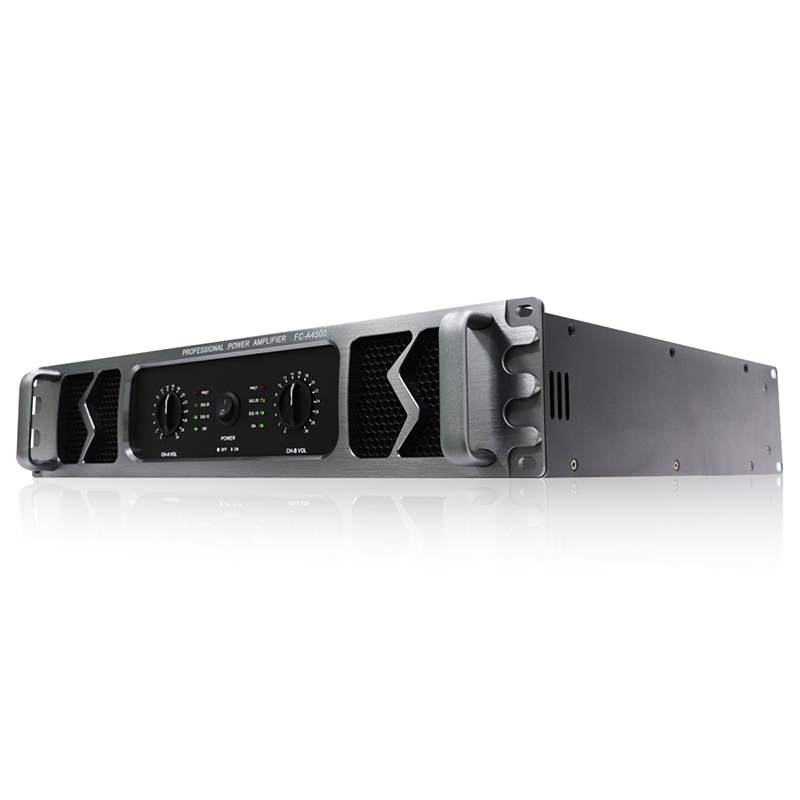
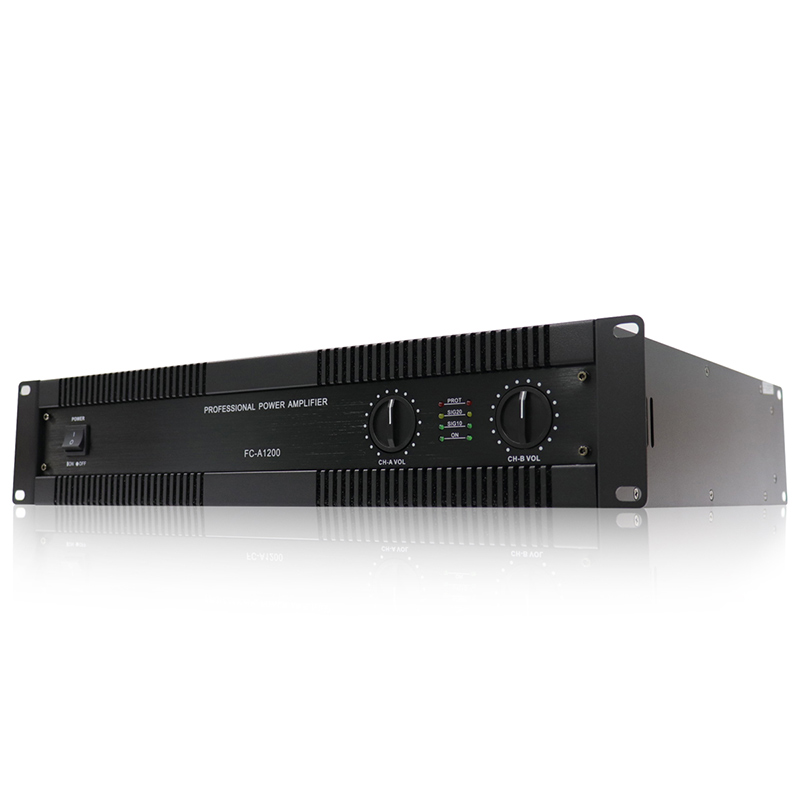
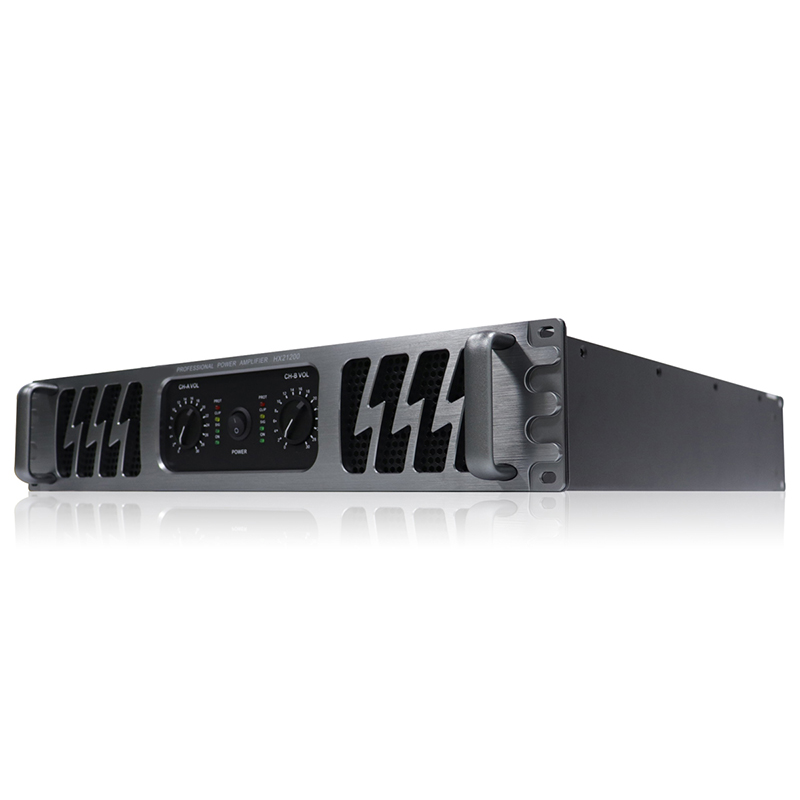
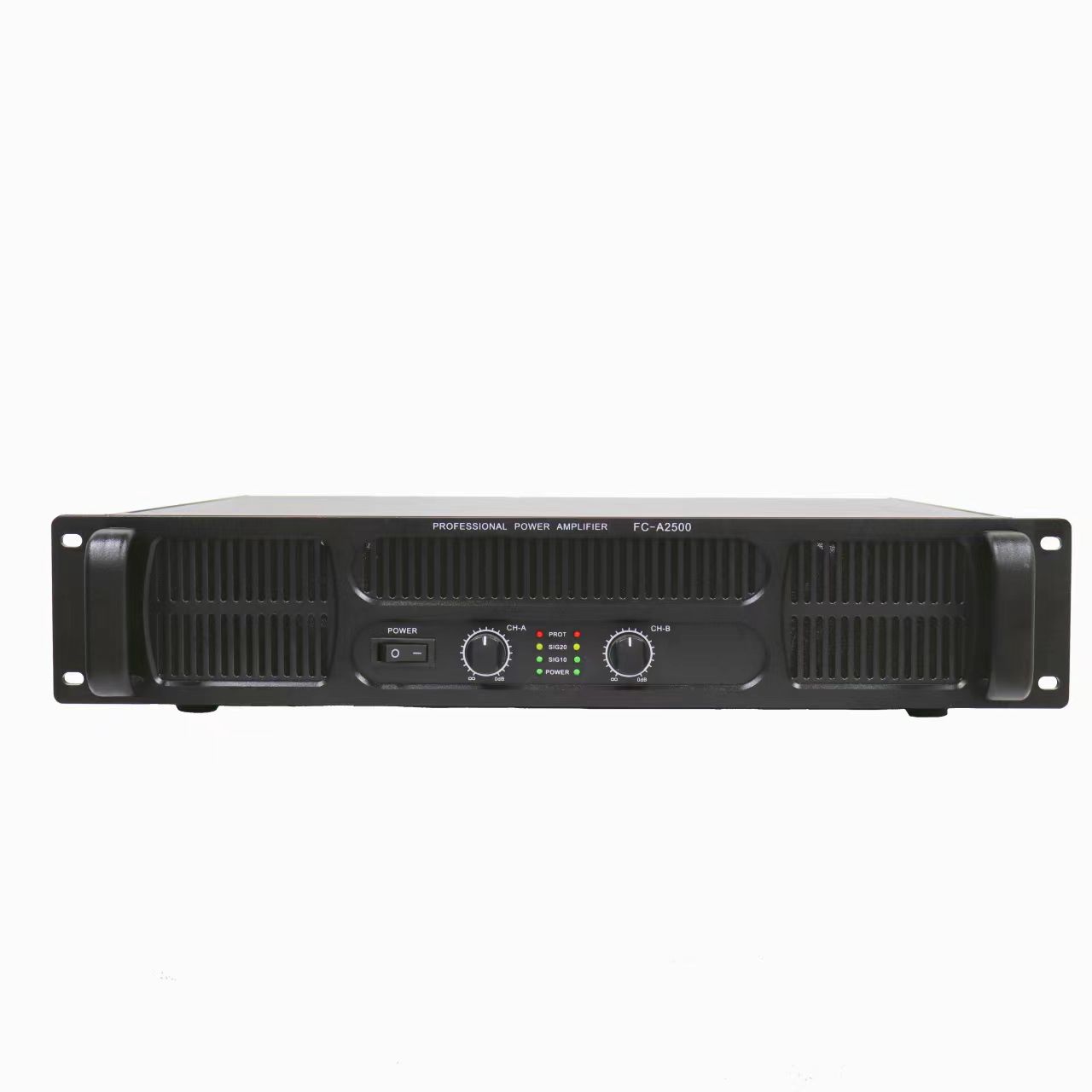
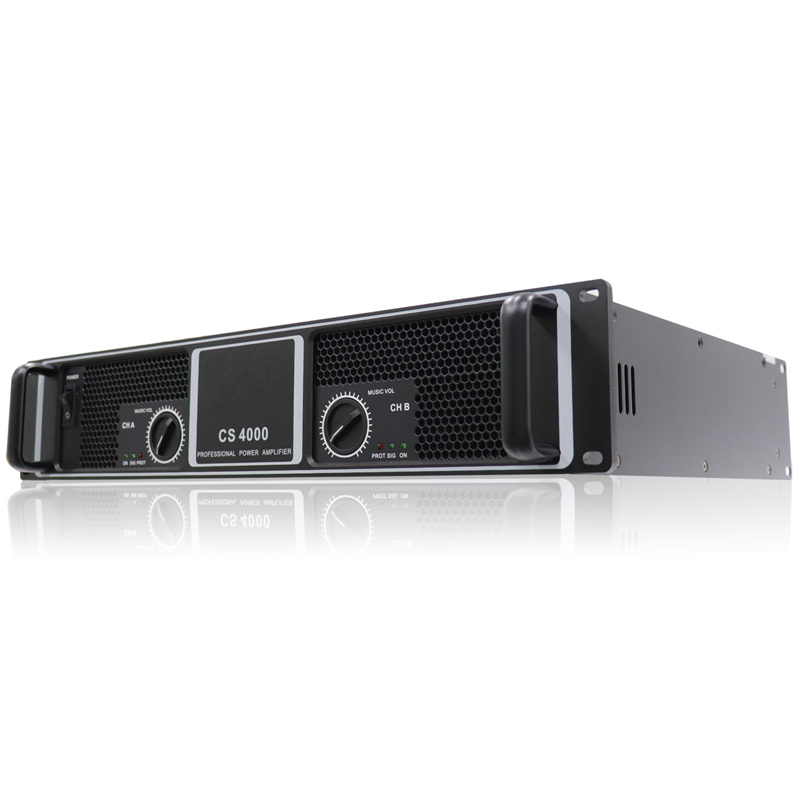
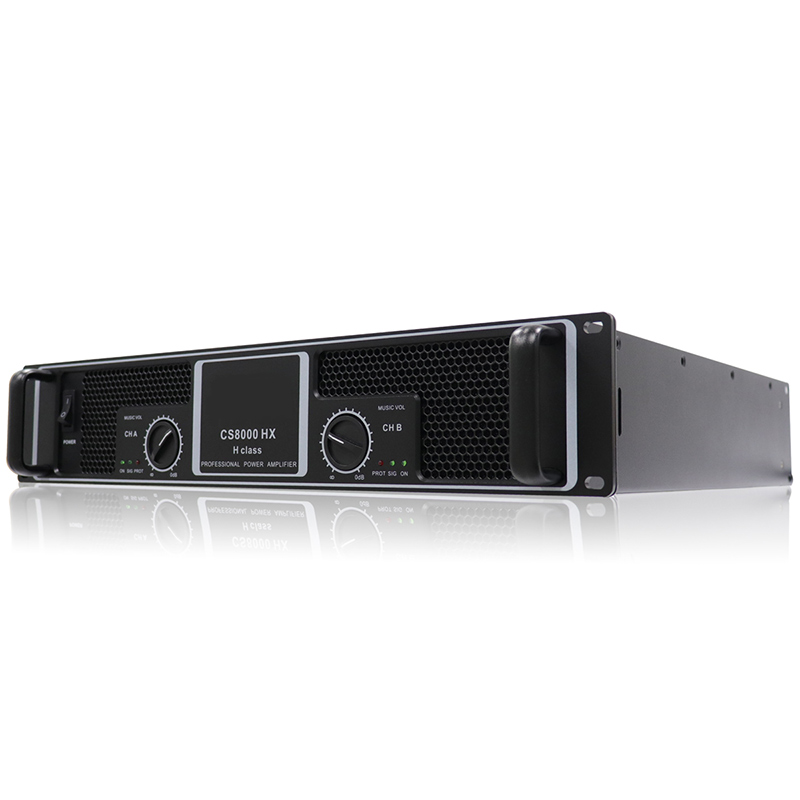

 Tel
Tel
 Email
Email
 Address
Address











